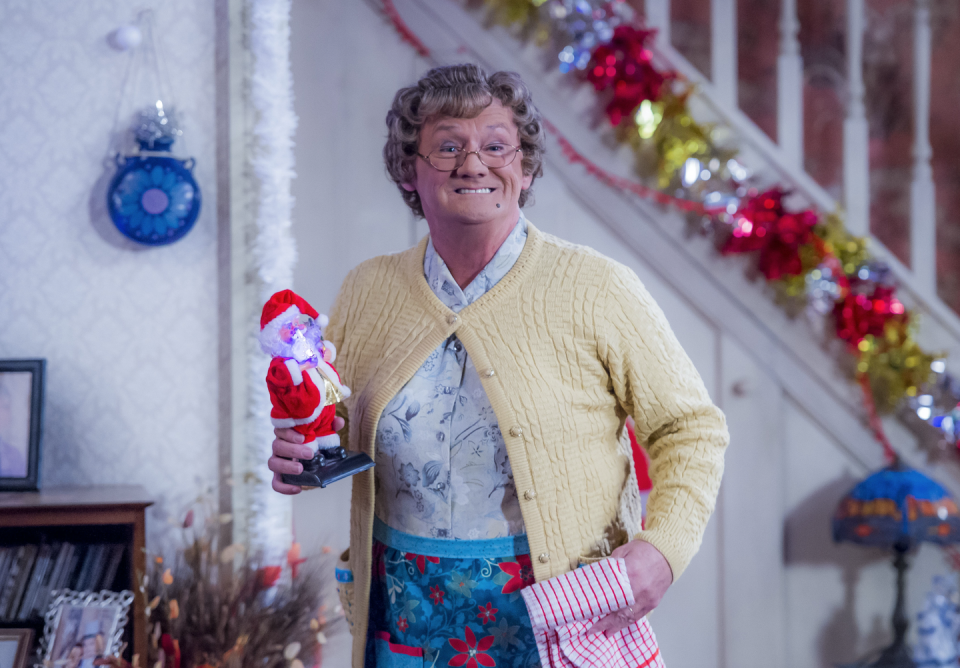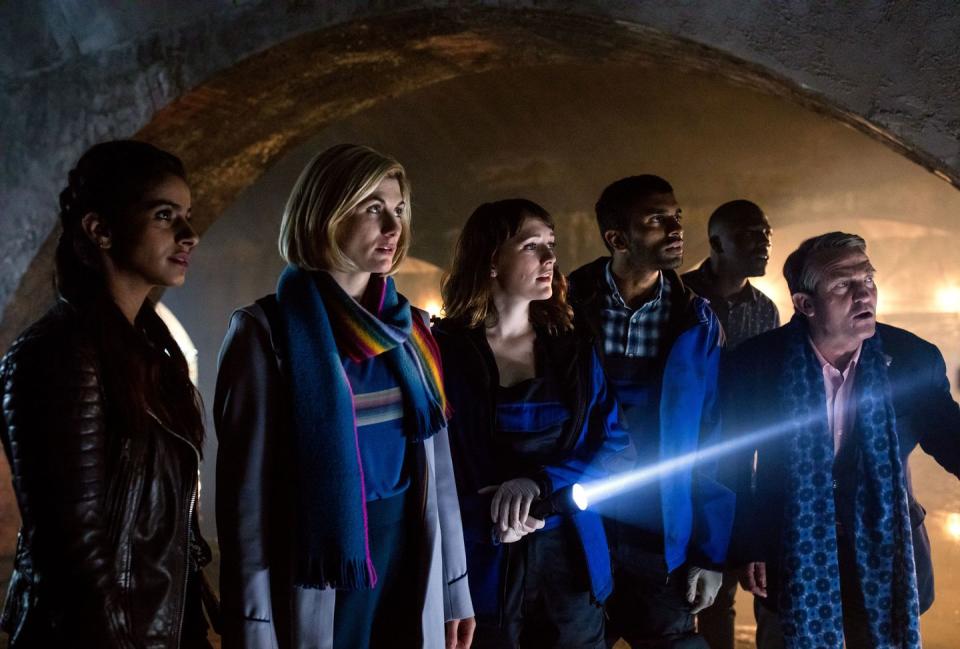Should the Doctor Who special move back to Christmas Day?

2018 was a year of big changes for Doctor Who – new cast, new creative team, new time-slot and its traditional Christmas Day slot swapped for a January 1 outing.
The series has of course survived for over five decades because of its willingness to embrace such changes – and most of these adjustments have had a positive impact on the show's reception and profile.
The latest series, with its new Doctor, new TARDIS team and new showrunner on board, is rated 93% Fresh at reviews accumulator Rotten Tomatoes, while audience numbers for each of its 10 episodes were up on their 2017 counterparts following the move from Saturday nights to Sundays (for more in-depth ratings analysis, go here).

But is change always a good thing? When the overnights for Doctor Who's NYD special 'Resolution' came in at just 5.15 million, we asked if there might be cause for concern. Was that last tweak – moving the show's annual special to New Year's Day – a misstep?
The episode did boost its audience by almost 2 million in the consolidated ratings, with a final figure of 7.13m once catch-up was taken into account, but even so it remains the series' least-watched festive special ever. (For comparison, 7.69m was the show's lowest consolidated Christmas Day audience, for 'The Husbands of River Song' in 2015.)
Is December 25 simply a better slot, with more eyes on the telly box, than January 1? Let's compare and contrast.
Come with us as we dive deep into the numbers…
The 'big hitter' on New Year's Day 2019 was the much-vaunted return of Idris Elba's Luther with 5.62m at 9pm, less than Christmas Day's best performer, Michael McIntyre's Big Christmas Show, which managed 6.1m.
But elsewhere in December 25's top 10, Call the Midwife scored 5.5m (down on 2017's 6.3m) while Mrs Brown's Boys pulled in just 4.7m – not only fewer viewers than Doctor Who, but also two million fewer than it had managed the previous Christmas.

Clearly, viewing habits are changing and live audiences overall are dwindling – the hard truth is that neither a December 25 or January 1 slot is a sure-fire guarantee of big numbers any more.
Even so, would it do Doctor Who some good to take back its old slot, even if it only gained a few extra thousand live viewers? Again, these figures suggest not.
Yes, Michael McIntyre's Big Christmas Show performed well at 6.45pm on Christmas Day – the old Doctor Who slot – but that's not to say that Who would have achieved those same numbers had it gone out in that slot.
Love him or loathe him, McIntyre is a big ratings pull, with his previous two festive specials pulling in live audiences of 6.4 and 7.1m, more than Doctor Who managed in 2016 and 2017.
And while 2018's Call the Midwife and Mrs Brown's Boys were down 1-2 million with no scheduling shifts from 2017, Doctor Who only dropped a little over half a million in its new time-slot – 5.15m compared to the 5.7m who watched 'Twice Upon a Time' in 2017.

Despite appearances, the move to New Year's Day probably saved Doctor Who from an even steeper decline. Just as well, given that the BBC has made no noises about possibly reversing its decision – quite the opposite.
At the 'Resolution' premiere at London's BFI, the BBC's Director General Tony Hall revealed that series 12 will begin airing on BBC One "very early" next year, with fans speculating that Jodie Whittaker's next outing will be another special on January 1, 2020.
Like it or not, the Doctor Who New Year's Day special is probably here to stay, at least for the foreseeable. And if you do the maths, that's actually no bad thing.
Want up-to-the-minute entertainment news and features? Just hit 'Like' on our Digital Spy Facebook page and 'Follow' on our @digitalspy Instagram and Twitter account.
('You Might Also Like',)

 Yahoo News
Yahoo News 
